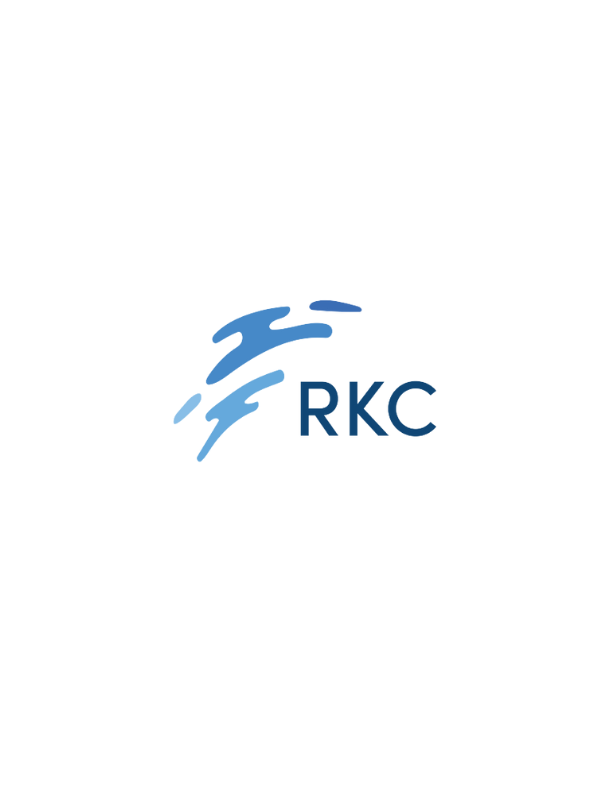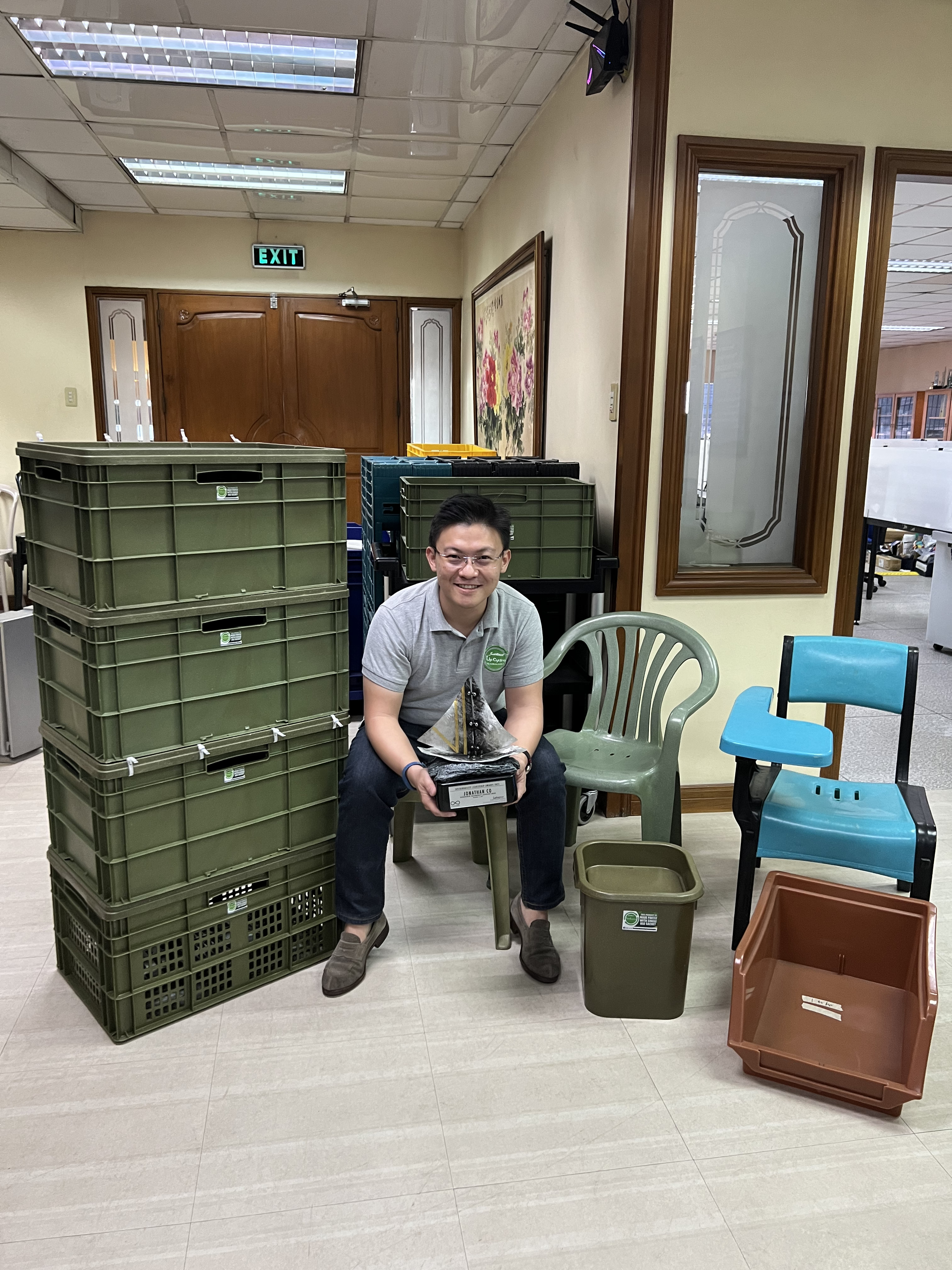

18 February 2022: ERIA and the Thailand Environment Institute (TEI) co-organised a webinar on the role played by the private sector in Thailand to address the pressing issue of marine plastics. Representatives from the Thai government, the private sector, an international organisation, and research institutes, gathered to discuss innovative approaches to reduce and replace single-use plastics.
Mr Michikazu Kojima, ERIA Research Fellow, said in his opening remarks that while the private sector has great potential to innovate new technologies and products, one company alone is not enough to change the whole economic system, and it is important for the entire ASEAN+3 region to learn from the successes and challenges from Thailand's experience.
Mr Wijarn Simachaya, TEI President, spoke of how the government, private sector, and people in general have collaborated to reduce plastic waste in Thailand through public-private partnership (PPP) projects that not only concern plastic waste reduction, but also smart use of plastics.
‘Since plastic pollution is a borderless issue, it is fundamental to tackle the problem together, especially in the Southeast Asian region,’ he said.
Mr Athapol Charoenshunsa, Director General of Pollution Control Department of Thailand's Ministry of Natural Resources and Environment, said cooperation with the private sector has successfully reduced production of thin plastic bags by 43%, thin plastic cups by 32%, foam containers by 20%, and plastic straws by 33%.
‘The government does not allow any new infrastructure to produce these plastic products, while reducing the production rate of existing infrastructure. Furthermore, a platform is being prepared to support local government agencies, raise community awareness, educate households on waste segregation, and others,’ he said.
Also read: Mr Athapol Charoenshunsa’s PresentationMs Somchit Nilthanom, Head of PPP Plastics, shared lessons learned from her company's Rayong Less-Waste project, supported by the Alliance to End Plastic Waste. She said public participation could be enhanced by improving people’s understanding of the project through verbal and practical training, such as on waste segregation.
‘This model is also targeting school children, by assigning teachers and school administrators as their role models. Moreover, a manual has been set up to guide communities or other government agencies on step-by-step implementation of the model,’ she said.
She also highlighted the importance of building a strong connection with local authorities working directly with the local communities, to make the latter more willing to cooperate.
Also read: Ms Somchit Nilthanom’s Presentation
Innovations and Extended Producer Responsibility
Mr Byul Kim, from Sri the Shophouse Restaurant, which uses sustainable materials for cutlery to avoid single-use plastics, said alternative materials to plastic are available but are not cheaper. However, he said providing plastic alternatives is necessary to educate people and give them options.
Also read: Mr Byul Kim’s Presentation
Dr Weerachat Kittirattanapaiboon, CEO of Biodegradable Packaging for Environment Public Co, Ltd, showcased the company’s innovation GRACZ – a compostable product to replace single-use plastic packaging made from natural left-over materials such as rice and corn husks, sugarcane, and bamboo. The company transforms this waste into useful products such as cups, glasses, plates, hospital sets, and decorative items.
‘They are non-toxic, non-carcinogenic, totally compostable in 45 days, microwavable, oven-friendly, and can be frozen,’ he said.
Also read: Dr Weerachat Kittrattanapaiboon’s Presentation
Mr Susawee Ondam, from Kao Industrial Thailand, spoke of how the company is working on the enforcement of extended producer responsibility (EPR) covering waste management systems and the circular economy. In terms of waste management, Kao is collaborating with other companies on product packaging, and provides several drop off points for customers to dispose of their waste. For the circular economy, Kao is working to substitute multi-layered plastic packaging.
‘Since Kao is a mass production company, some product packaging cannot be recycled. We are now working with other companies to substitute them,’ he said.
Also read: Mr Susawee Ondam’s Presentation
Ms Napaporn Yuberk, Advisor/National Coordinator for The Collaborative Actions for Single-Use Plastic Prevention in Southeast Asia (CAP SEA) in Thailand, spoke on the CAP SEA collaboration on single use plastic prevention in Southeast Asia. In Indonesia, the project helped in scaling up the start-up of food delivery companies. In Malaysia, the project is incubating two re-use start-up companies, and in Thailand, it runs a multistakeholder project to prevent the use of single-use plastics.
Also read: Ms Napaporn Yuberk’s Presentation
Mr Simachaya, of TEI, said that while the alternative materials for plastics are great, we have to be aware of the entire life cycle of the materials and their impact on climate change.
As for reusable products, Ms Yuberk said that the companies have set hygiene indicators to keep food containers from being contaminated. Dr Kittirattanapaiboon added that his company uses over 200 degrees Celsius of heat to prevent chemical contamination.
Ms Benjamas Chotthong from TEI concluded that Thailand is following a clear direction toward its plastic waste free mission, thanks to administrative support at the national and local level. The national target may not have been achieved yet, she said, but it is a good reminder to work further, accelerating on-going efforts among the public and private sector.
18 February 2022: ERIA and the Thailand Environment Institute (TEI) co-organised a webinar on the role played by the private sector in Thailand to address the pressing issue of marine plastics. Representatives from the Thai government, the private sector, an international organisation, and research institutes, gathered to discuss innovative approaches to reduce and replace single-use plastics.
Mr Michikazu Kojima, ERIA Research Fellow, said in his opening remarks that while the private sector has great potential to innovate new technologies and products, one company alone is not enough to change the whole economic system, and it is important for the entire ASEAN+3 region to learn from the successes and challenges from Thailand's experience.
Mr Wijarn Simachaya, TEI President, spoke of how the government, private sector, and people in general have collaborated to reduce plastic waste in Thailand through public-private partnership (PPP) projects that not only concern plastic waste reduction, but also smart use of plastics.
‘Since plastic pollution is a borderless issue, it is fundamental to tackle the problem together, especially in the Southeast Asian region,’ he said.
Mr Athapol Charoenshunsa, Director General of Pollution Control Department of Thailand's Ministry of Natural Resources and Environment, said cooperation with the private sector has successfully reduced production of thin plastic bags by 43%, thin plastic cups by 32%, foam containers by 20%, and plastic straws by 33%.
‘The government does not allow any new infrastructure to produce these plastic products, while reducing the production rate of existing infrastructure. Furthermore, a platform is being prepared to support local government agencies, raise community awareness, educate households on waste segregation, and others,’ he said.
Also read: Mr Athapol Charoenshunsa’s PresentationMs Somchit Nilthanom, Head of PPP Plastics, shared lessons learned from her company's Rayong Less-Waste project, supported by the Alliance to End Plastic Waste. She said public participation could be enhanced by improving people’s understanding of the project through verbal and practical training, such as on waste segregation.
‘This model is also targeting school children, by assigning teachers and school administrators as their role models. Moreover, a manual has been set up to guide communities or other government agencies on step-by-step implementation of the model,’ she said.
She also highlighted the importance of building a strong connection with local authorities working directly with the local communities, to make the latter more willing to cooperate.
Also read: Ms Somchit Nilthanom’s Presentation
Innovations and Extended Producer Responsibility
Mr Byul Kim, from Sri the Shophouse Restaurant, which uses sustainable materials for cutlery to avoid single-use plastics, said alternative materials to plastic are available but are not cheaper. However, he said providing plastic alternatives is necessary to educate people and give them options.
Also read: Mr Byul Kim’s Presentation
Dr Weerachat Kittirattanapaiboon, CEO of Biodegradable Packaging for Environment Public Co, Ltd, showcased the company’s innovation GRACZ – a compostable product to replace single-use plastic packaging made from natural left-over materials such as rice and corn husks, sugarcane, and bamboo. The company transforms this waste into useful products such as cups, glasses, plates, hospital sets, and decorative items.
‘They are non-toxic, non-carcinogenic, totally compostable in 45 days, microwavable, oven-friendly, and can be frozen,’ he said.
Also read: Dr Weerachat Kittrattanapaiboon’s Presentation
Mr Susawee Ondam, from Kao Industrial Thailand, spoke of how the company is working on the enforcement of extended producer responsibility (EPR) covering waste management systems and the circular economy. In terms of waste management, Kao is collaborating with other companies on product packaging, and provides several drop off points for customers to dispose of their waste. For the circular economy, Kao is working to substitute multi-layered plastic packaging.
‘Since Kao is a mass production company, some product packaging cannot be recycled. We are now working with other companies to substitute them,’ he said.
Also read: Mr Susawee Ondam’s Presentation
Ms Napaporn Yuberk, Advisor/National Coordinator for The Collaborative Actions for Single-Use Plastic Prevention in Southeast Asia (CAP SEA) in Thailand, spoke on the CAP SEA collaboration on single use plastic prevention in Southeast Asia. In Indonesia, the project helped in scaling up the start-up of food delivery companies. In Malaysia, the project is incubating two re-use start-up companies, and in Thailand, it runs a multistakeholder project to prevent the use of single-use plastics.
Also read: Ms Napaporn Yuberk’s Presentation
Mr Simachaya, of TEI, said that while the alternative materials for plastics are great, we have to be aware of the entire life cycle of the materials and their impact on climate change.
As for reusable products, Ms Yuberk said that the companies have set hygiene indicators to keep food containers from being contaminated. Dr Kittirattanapaiboon added that his company uses over 200 degrees Celsius of heat to prevent chemical contamination.
Ms Benjamas Chotthong from TEI concluded that Thailand is following a clear direction toward its plastic waste free mission, thanks to administrative support at the national and local level. The national target may not have been achieved yet, she said, but it is a good reminder to work further, accelerating on-going efforts among the public and private sector.

Communication Desk


